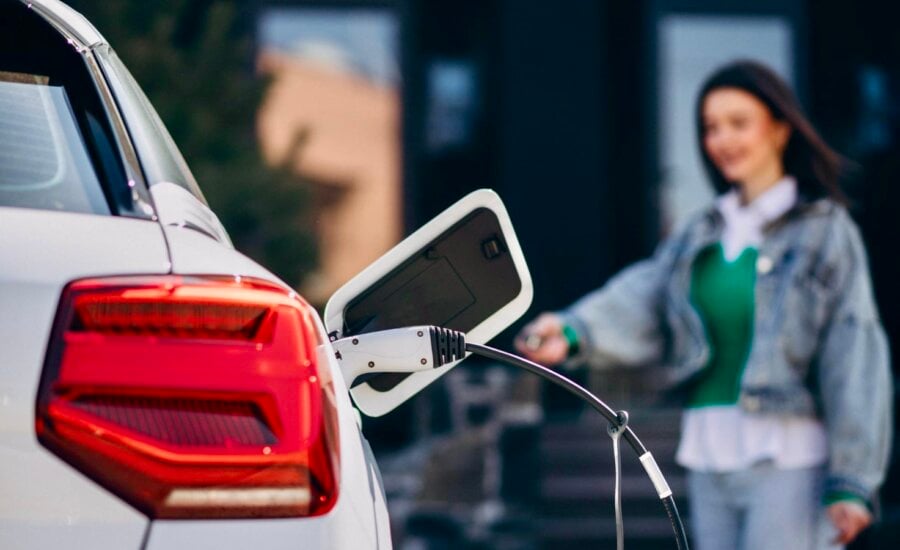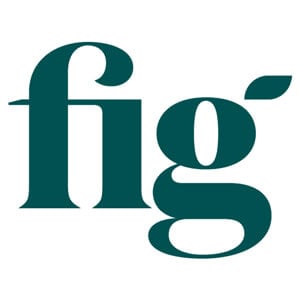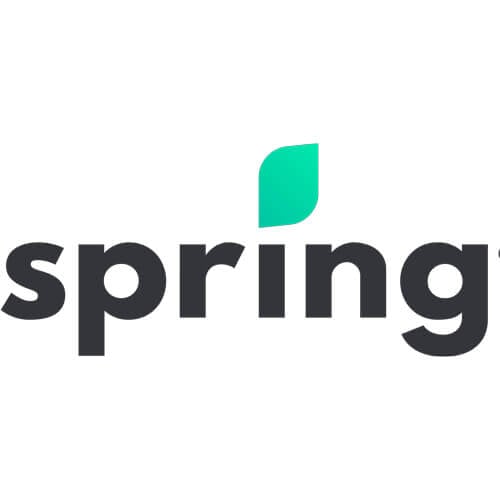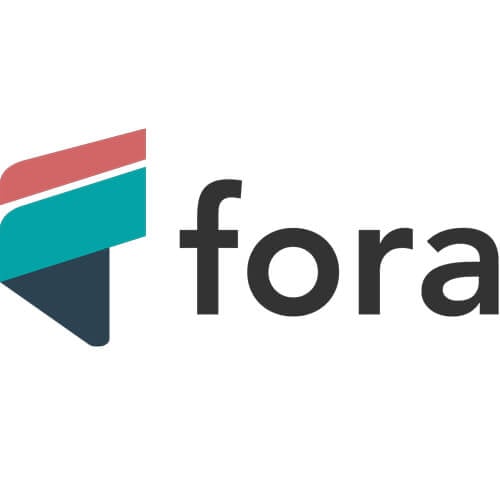EV rebates in Canada
Car buyers can get up to $5,000 in government rebates for electric vehicles—maybe more, depending where in Canada you live.
Advertisement
Car buyers can get up to $5,000 in government rebates for electric vehicles—maybe more, depending where in Canada you live.

A lot of car buyers are excited about electric vehicles (EVs). They’re less excited about EVs’ relatively higher prices. Canada’s EV rebates can make buying a new electric car, van or truck more affordable—including our picks for the best EVs in Canada. You can find rebates and incentives for EVs and for EV charger installation. (And, since you’re checking costs, see how much it would cost to insure a new EV.)

Apply for a personal loan with a 8.99% to 29.49% APR. Plus, 100% online application and no early repayment fees.

Apply for a personal loan with a 9.99% to 35.00% APR. Plus, fast e-transfers and no hit to your credit score when you apply.

Apply for a personal loan with a 19.90% to 34.90% APR. Plus, fast funding (as soon as the same business day). Not available in Quebec, PEI, Manitoba, Newfoundland and Labrador, Northwest Territories, Nunavut and Yukon.
As part of the federal government’s Incentives for Zero-Emission Vehicles Program (iZEV), launched in 2019, Canadians qualify for up to $5,000 toward the purchase of a fully electric or plug-in hybrid electric vehicle (PHEV). The incentive will be applied at the point-of-sale by the dealership, and it will appear directly on the bill of sale or lease agreement for eligible zero-emission vehicles (ZEVs). To find out if a specific make and model is eligible, visit Transport Canada.
In under 60 seconds, get matched with a personalized list of loan providers based on your needs and approval likelihood. No SIN required.
These provinces offer additional incentives for electric vehicles:
In B.C., eligible vehicles must have an MSRP (manufacturer’s suggested retail price) below $55,000 for cars and $70,000 for larger vehicles. The rebate for plug-in hybrids with a range of less than 85 kilometres is $2,000 for those with a personal income of less than $80,000; $1,000 for those with a personal income from $80,001 to $90,000; and $500 for those with personal income from $90,001 to $100,000. For battery electric and long-range PHEV models, the rebates are $4,000, $2,000 and $1,000, respectively. Learn more from CleanBC.
Residents can qualify for up to $5,000 in additional rebates depending on the vehicle type. A rebate of $5,000 applies to new battery electric vehicle (BEV) models and new PHEV models with a range of over 50 kilometres. For PHEV models with under 50 kilometres of range or used BEV models, the rebate is $2,500. Used PHEV models qualify for a rebate of $1,000 and EV home charging stations qualify for an incentive of $750. Get more info from NB Power.
NL Hydro offers a rebate of $2,500 on the purchase or lease of a 100% all-electric vehicle and $1,500 for a plug-in hybrid. Visit its website to check vehicle eligibility.
Canada’s biggest EV rebates belong to the Northwest Territories, where the Arctic Energy Alliance offers $7,500 for new BEVs and PHEVs and new level 2 electric charging stations for home use.
The Electrify Nova Scotia Rebate Program offers car buyers up to $3,000 in additional incentives for BEVs and short-range and long-range PHEVs. Vehicles must be on the federal Incentives for Zero-Emission Vehicles (iZEV) eligible vehicles list.
As of March 1, 2023, the PEI Electric Vehicle and Charging incentive program offers rebates of $5,750 for EVs and $3,250 for PHEVs. It also offers rebates on leased BEVs and PHEVs (amount varies by length of lease). Dealerships will offer a point-of-sale rebate, deducting the rebate from the cost of your vehicle.
In Quebec, car buyers can get an additional rebate of up to $7,000 when purchasing an eligible new electric vehicle under the province’s Roulez vert program.
Yukon’s EV rebates are among the most generous: $5,000 for new BEVs and PHEVs, and $3,000 for a new vehicle with a plug-in hybrid electric motor and an all-electric range under 50 kilometres. It also offers a rebate on shipping costs for used EVs. More details on Yukon EV rebates.
Single-family homes can get a rebate of up to 50% (up to $350) to install a level 2 (240 volt) charging station. For multi-unit residential buildings, building owners, stratas and residents can get a rebate on the cost of developing an “EV ready plan” for a building, as well as rebates for infrastructure and charger installation costs, and the chargers themselves. Read more details from CleanBC.
Residents and organizations that receive a vehicle rebate through the Plug-In NB Rebate Program are eligible to claim 50% of the cost to purchase and install one new level 2 EV charger, before taxes and fees, up to a maximum of $750.
The NL Hydro Commercial EV Charger Rebate is for businesses only. It provides qualified applicants a rebate of up to 50% of the costs to purchase and install eligible chargers, for a maximum of $5,000 per level 2 charger.
Home owners can get a rebate of 50% of their charger’s purchase cost, to a maximum of $500, via Arctic Energy Alliance.
Efficiency Nova Scotia’s EV Ready Plan rebate helps residents of multi-residential unit buildings plan and implement EV charging. The rebate covers 75% of eligible costs, up to $4,000 for existing buildings and up to $3,000 for new construction. If the EV Ready Plan is approved, a further EV Ready Charger Rebate is available, covering 50% of eligible costs up to $3,000 per charger in existing buildings (maximum $15,000) or 50% of eligible costs up to $2,000 per charger in new buildings (maximum $10,000).
The PEI Electric Vehicle Charging Funding Program (PEI EVCF Program) will contribute 75% of total projects costs (eligible expenditures only), up to $7,500 per level 2 connector, or up to $22,500 per fast charger 20 kW to 49 kW, or up to $75,000 per fast charger 50 kW and above.
The Quebec government offers $600 in financial assistance for the acquisition and installation of an eligible home charging station. Leased charging stations installed after April 18, 2023, are also eligible for assistance. Multi-unit residential buildings and condos can get up to $5,000 in financial assistance per connector or wireless charging station, purchased or leased. Total assistance depends on the number of apartments in the building.
Special thanks to ChargeFWD.com for this information on EV rebates. Additional research by Jaclyn Law.
Share this article Share on Facebook Share on Twitter Share on Linkedin Share on Reddit Share on Email